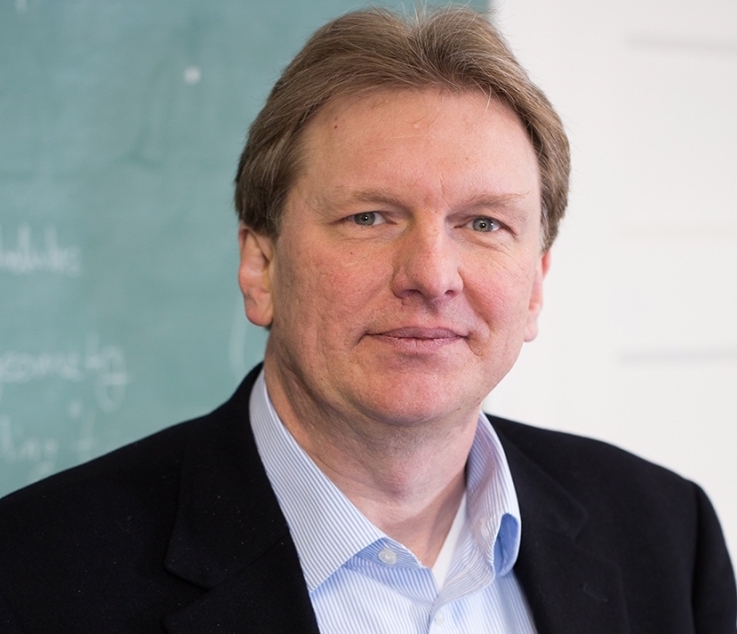Voice disorders are prevalent, affecting nearly 30% of the population during their lifetimes and resulting in an annual cost of treatment of over $10 billion and significant degradation of their quality of life. This fact is one of the key takeaways Dr. Michael Plesniak, Professor and Chair of the Department of Mechanical and Aerospace Engineering, hopes attendees took away from his seminar, “Investigation of Pulsatile Flow over a Surface Protuberance Inspired by Human Speech Pathologies,” that he gave at Clarkson University on April 21 and at the University of Delaware on May 5.
The seminar described his lab’s ongoing work to understand the fluid dynamics of human speech production and the complex flow physics present when a growth, such as a polyp or a bump, occurs on one of the vocal cords. Speech production involves unsteady pulsatile flow and turbulent structures that affect the fluid-tissue interaction and aeroacoustics. Therefore, when a bump occurs, the pulsatile flow interacting with this obstruction results in fascinating phenomena, including flow structures that behave counterintuitively like vortices.
The path to understanding these complex phenomena necessitates abstracting the problem and conducting a fundamental study of pulsating flow over a bump. Through various experimental investigations, these studies aim to facilitate the evaluation and design of disease treatment interventions and for surgical planning. Plesniak and his team of engineers are collaborating closely with physicians and speech pathologists to identify new non-surgical treatment strategies for voice disorders.
On the importance of sharing this research with other universities, Plesniak stated, “It is important to disseminate the results of our research in multiple ways - via publications, conference presentations, and seminars at other universities. Interacting with faculty and learning about their research during seminar visits can generate new ideas and facilitate avenues of collaboration. Students attending seminars get exposed to interesting research happening at GW, which they would have otherwise not known about, and may be inspired to go to graduate school and pursue a research career."


